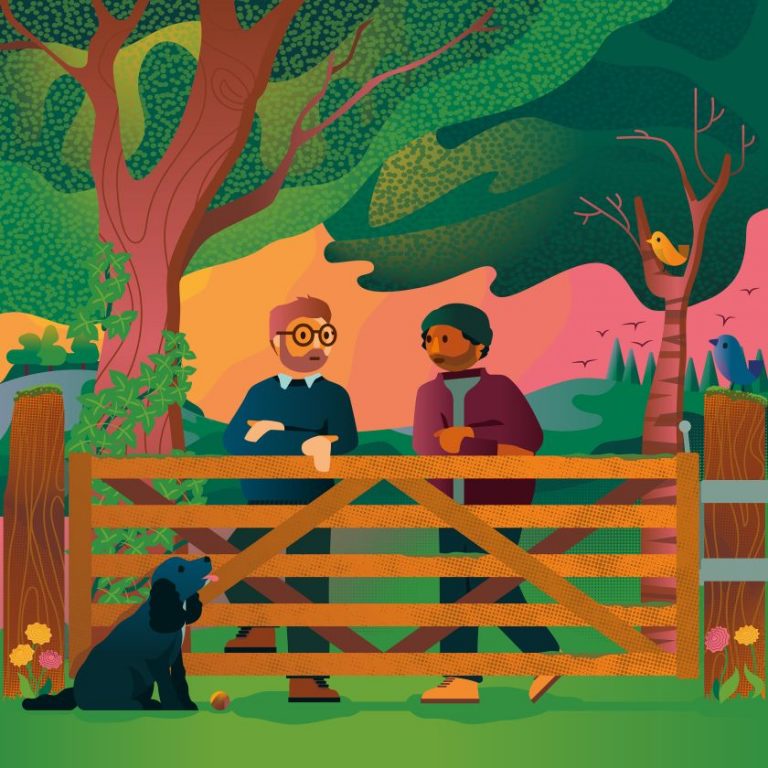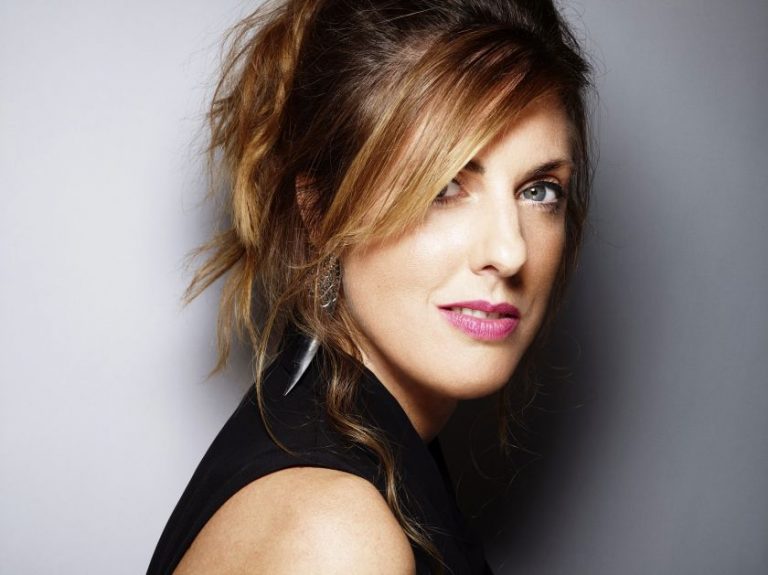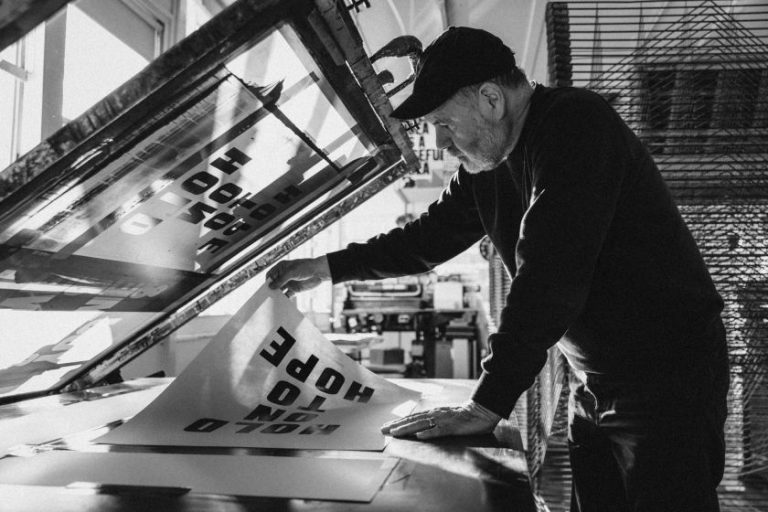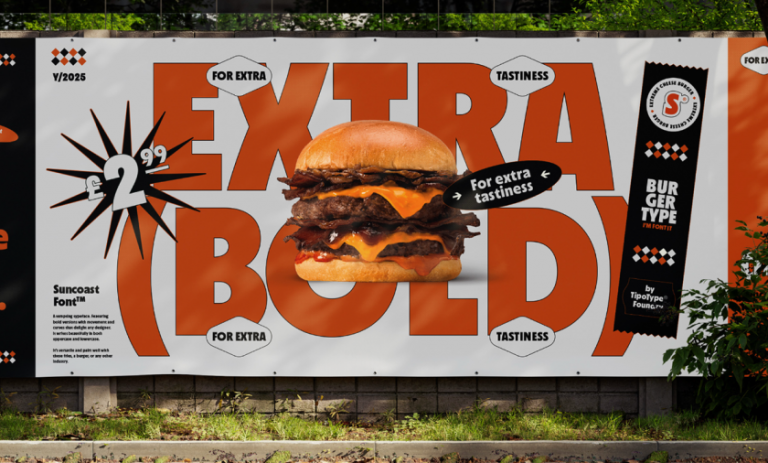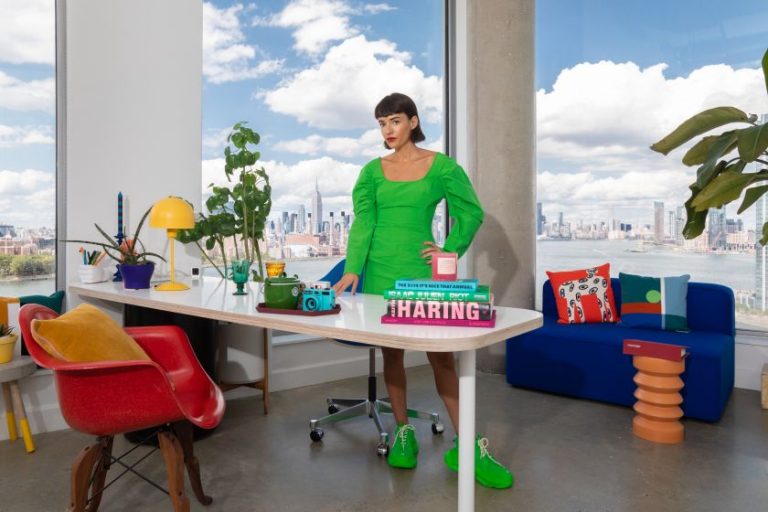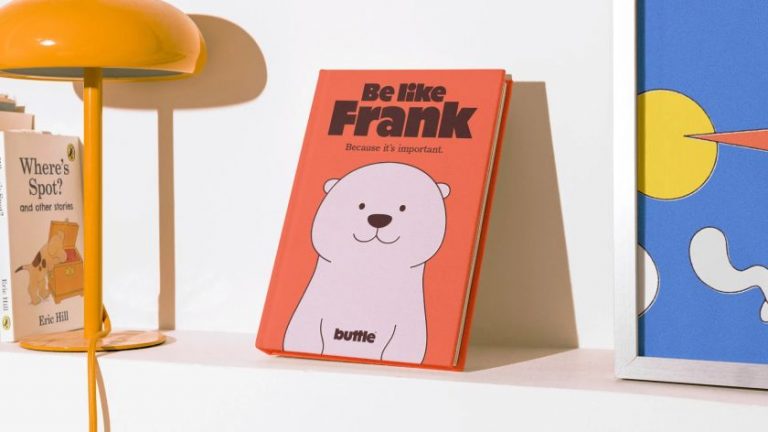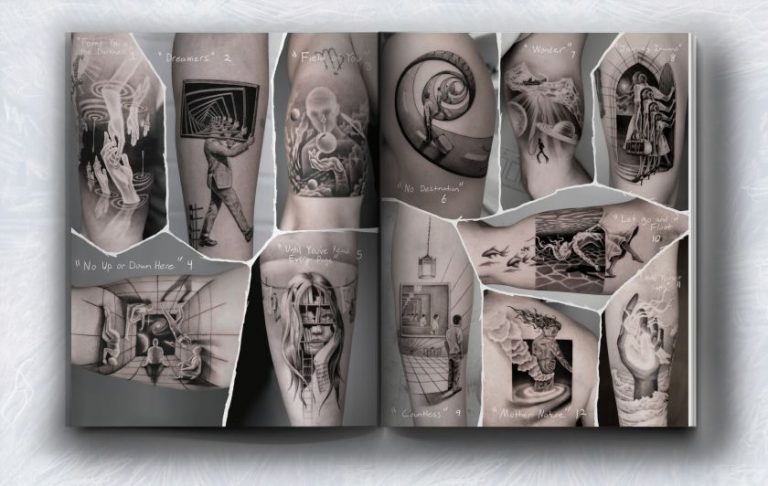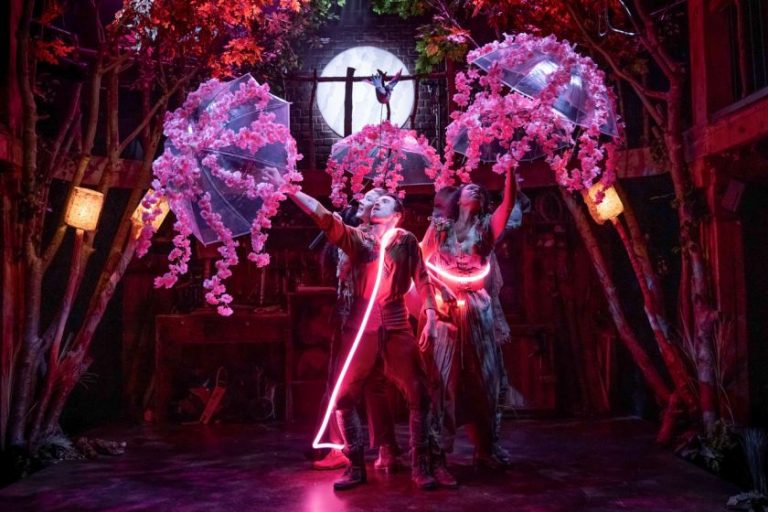Mr Doodle has descended on Bath as part of his ongoing quest to cover the world in his artwork. We met him to learn more about Museum Mayhem, his first-ever UK exhibition at the Holburne Museum.
On the face of it, museums and doodles might seem at odds. Gallery spaces tend to be neat and orderly, and their artworks are carefully arranged with the utmost consideration. Conversely, Doodles can be messy, often scribbled down in a margin during a phone call or work meeting.
The two have collided spectacularly though in Museum Mayhem, the first UK exhibition by artist and online sensation Mr Doodle, AKA Sam Cox. Running until the first of September, the exhibition sees Mr Doodle take over the museum space and Bath itself with his immensely popular artwork. Featuring new pieces that riff on other paintings in the museum, the exhibition also acts as a gateway to art history and is a breathtaking visual spectacle in itself.
Museum Mayhem is the latest step on Mr Doodle’s mission to cover the world in his artwork, which he describes as graffiti spaghetti. In 2023, he made the headlines by doodling over the entirety of his £1.3 million Kent mansion. In the last nine months alone, his artworks have made $4.7 million in salerooms around the world, making him the fifth most successful artist under 40.
As we learnt while talking to Mr Doodle ahead of the animated grand opening of Museum Mayhem, the exhibition is also something of a homecoming. Nine years ago, he was essentially busking on Bath’s streets with his doodles, using them to try and buy a bus ticket; now, his work is displayed shoulder-to-shoulder with the likes of Thomas Barker.
“The space is amazing,” he tells Creative Boom about his decision to exhibit in the Holburne Museum. “It’s got an amazing collection of incredible artworks. I know the southwest of England a little bit from being at Bristol University, and I visited a few times to trade doodles on the street a million years ago.
“Generally, people weren’t interested because they didn’t know who I was and didn’t know what was going on. But it’s great to return nine years later and do this, which is almost the opposite.” Indeed, one can’t help but wonder what you could buy with a Mr Doodle original now, certainly more than the bus fare.
Doodle bug
The seeds for the exhibition were sown last March when Mr Doodle visited the Holburne Museum and fell in love with it. And to his delight, they were very open to him drawing over the walls, which was a bit of a surprise, seeing as it has something of a “posh” status. The foyer space is currently completely enveloped by his drawings, and the effect is like you’re walking around inside a piece of art. “It’s great to have the opportunity to do that, and I feel really grateful to them.”
Famously, the intricate squiggles of Mr Doodle’s artwork are drawn freehand, with no preliminary sketches made beforehand. Museum Mayhem took two weeks to put together, with doodles covering not just the entrance but the stair risers too and a dedicated exhibition room. Since then, he’s even drawn all over the external glass on the lower floor, much to the amazement of his two million Instagram followers.
There’s substance to these doodles, too. Far from being random drawings, Mr Doodle has thoughtfully included references to his family and colleagues and nods to Bath and the museum itself. Visitors could happily spend all day unpacking all the hidden details and Easter eggs on one wall alone.
“There are also people with pens and sketchbooks because sketchbooks are a big part of the exhibition,” Mr Doodle adds. My work stemmed from sketchbooks when I first started, so in the show, I’ve actually got some of my books from 2011 when I was still at school.” There’s also the briefcase he lugged around all his doodles in, which is decorated accordingly.
“It’s a really special exhibition, my favourite one I’ve done so far because it has such a history to it,” he reveals. There are so many old items that we would never usually include in a show. Usually, there will be new works, and they mostly are, but there are these references to old things as well.”
Behind the scenes
Thanks to these sketchbooks, it’s possible to see how Mr Doodle’s art style has evolved over the years. His use of line has become more refined, with superfluous details like dots, dashes, and squiggles gradually getting phased out. It’s a fascinating glimpse into a process that can sometimes appear effortless but is, in fact, built on years of endless practice. He’s taken doodles and elevated them.
“It’s become more simplified in a way, but it’s also more character-driven now,” he adds. “Almost everything is a character, whereas before, I might draw someone’s face, and they might have 100 lines for their beard.” This buys Mr Doodle time to move on and draw another character more quickly, which has also been sped up by the tools he now uses.
“I’m using thicker markers. Now, I’m doing more doodles in front of people and filming myself more; I’m kind of naturally drawn to a bigger, bolder, thicker pen style. But the pieces I’ve created in response to other paintings here kind of delve back into some of those art styles. I’ve looked back and taken some of their elements and recreated parts of that in the paintings.”
In the exhibition, these paintings are displayed alongside the artwork which influenced them, or they replace them with a label explaining their significance. There’s also a series of ceramic busts which depict Mr Doodle pulling a range of funny faces. And while these will surely spark an interest in art history amongst visitors, young and old, Mr Doodle adds that the main reason behind a lot of his work is relatively straightforward: it makes him happy.
“I make doodles to make myself smile, and I love doodling as big as possible,” he explains. “It’s a cool idea to bring in a different group of people who usually wouldn’t come inside because maybe they feel it isn’t for them somehow. Kids and adults, people who think they can’t draw, they can doodle. Anyone can. The idea of a doodle is open to anyone, and that’s what’s quite nice about doing the exhibition here.”
Doodle domination
Even beyond the museum itself, Mr Doodle has made his presence known in Bath. A phonebox in the centre of town has already been given the doodle treatment, along with banners and benches dotted throughout the city, with the promise of more to come as the exhibition plays out. “It’s cool to see the city embracing it.”
Understandably, some of Bath’s buildings are off-limits to doodling. Though not one to be deterred, Mr Doodle has found a way around their listed status by projecting his work onto them instead. This included the first animated realisation of his doodles, which played out on the Holburne Museum itself when the exhibition opened last week.
Complete with bespoke sound design, the animation depicted Sam’s alter ego crashing down from Doodle Land and setting to work with his paint pot. Meanwhile, the villainous Dr Scribble sets to work sabotaging his efforts. It’s all part of a personal brand that has hooked Mr Doodle’s many fans and made him such a popular artist.
“It’s nice for artists to challenge what exists, break into new spaces and bring new people in,” he adds. “I like pushing the boundaries of what’s considered art. A little bit of mayhem is always necessary.”
By its very nature, though, Mr Doodle’s work is somewhat ephemeral. While the pictures hanging on the wall can be taken down and preserved easily enough, the majority of the doodles will eventually get painted over. Not that this appears to phase Mr Doodle, though.
“I always make sure to take lots of photographs; as long as I have them to look back on, I can kind of live with it,” he says. “I was thinking about artists from the past who didn’t have cameras, and it must have been really hard for them when they had to paint over a canvas to create a new picture. There’s no record of the previous picture. But for me, at least I’ve got photographs that I can share online.”
As for his online audience, Mr Doodle thinks that doodles are such a popular art form because they tap into a subconscious form of expression. There’s no real message or intent behind them; they’re just pure, distilled fun. What’s not to like?
“It’s something you can just choose to enjoy, and I think that’s quite nice,” he concludes. “It can be something you create, just for fun, and I think people will always have somewhere in their heart to see that.”

